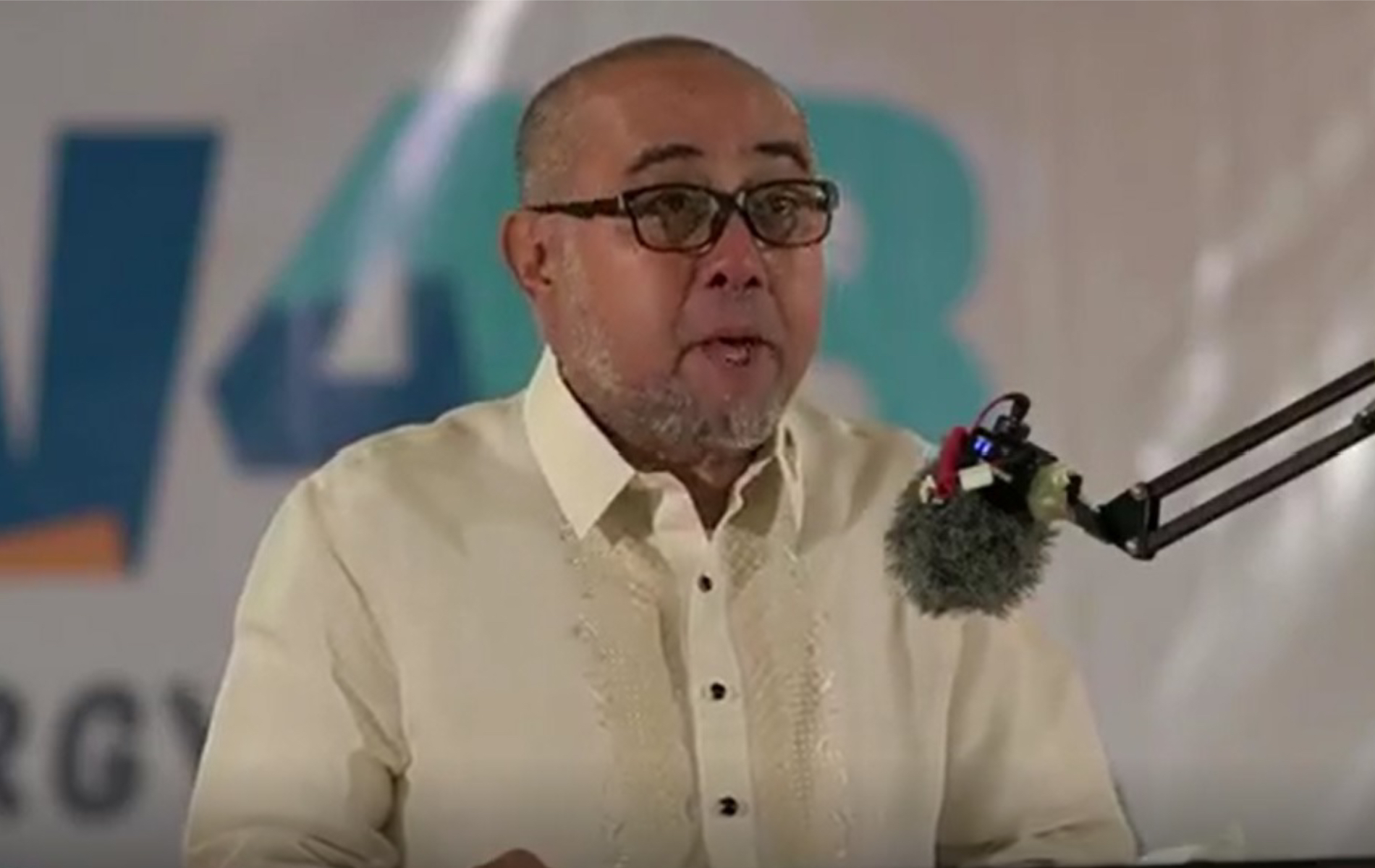Legal roadblocks face Nuclear Energy Plan – PNRI chief
- March 7, 2022
- 0

The country’s Nuclear Energy Program may now be a government policy, but the chief of the Philippine Nuclear Research Institute (PNRI) sees legal roadblocks up ahead before it could be fully implemented.
In an interview with One News on Thursday, PNRI Dir. Carlo Arcilla said the agency, which currently is attached to the Department of Science and Technology, should either be converted into an independent regulatory commission or be kept as a nuclear science research and development institute.
Under the NEP or Executive Order (EO) No. 164, an independent regulatory body for nuclear energy must be established. Pres. Rodrigo Duterte made the NEP an official policy on February 28.
Arcilla said that there will be laws affected by the NEP and that these legislative challenges have to be ironed out moving forward. Nevertheless, he said that the signing of EO 164 is an important development.
The country’s nuclear chief emphasized that there are many local and internationally-based Filipino engineering experts who can be tapped to run nuclear power plants in the country, citing that the three newly-built nuclear plants in the United Arab Emirates had employed Filipino engineers in the project.
Arcilla’s remarks follow statements from those who oppose using nuclear power in the country, mostly politicians, claiming that there is a lack of technical expertise for the operation and maintenance of a nuclear power plant.
As such, Arcilla hailed engineers as fantastic, while calling politicians a disaster.
Meanwhile, with only a few session days left in the 18th Congress, re-electionist Sen. Sherwin Gatchalian said in a report by The Philippine Star that there would be no ample time to pass legislation in relation to the NEP.
Gatchalian, who chairs the Senate Committee on Energy, said that it would be up to the next administration to conduct science-based research and studies to decide whether the benefits of nuclear power outweigh its risks.
The senator has also called on the Department of Energy to disclose the results of its nuclear research and feasibility study, so the public could understand the risks and benefits of nuclear power being injected into the country’s energy mix.
The study has already reached Php266 million since 2018.
Gatchalian said in the latest episode of Power Podcast in January that he favors tapping nuclear power to fill the country’s energy demands, particularly the use of small modular reactors, which he said is safer than re-opening the mothballed Bataan Nuclear Power Plant.
The re-electionist senator also disagrees with Arcilla’s position that nuclear power is a form of renewable energy.